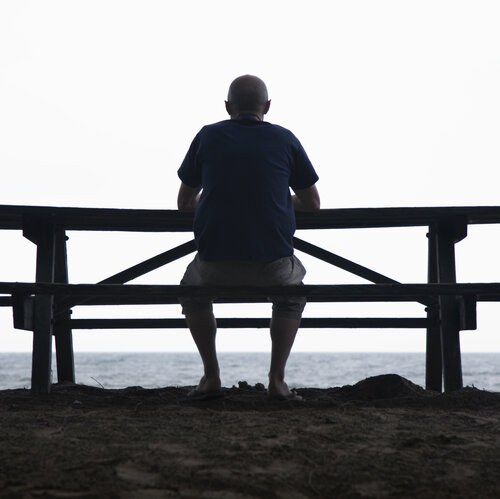“Evolution is speeding up, not time. Consciousness is evolving, becoming aware of itself as creation's mentor. Children are evolution's front edge. They push at boundaries... challenge the status quo...irritate convention. That is their job...to set free all that sullies the human heart and blinds the mind to the relationship between the Creator and the Created." ~ P.M.H. Atwater~
MY WORK ... MY PASSION
• Certified Transpersonal Hypnotherapist ; Past experiences: Dream Analysis /10 Years Experience •Psychotherapist / Use of Gestalt, Jungian, Zen, Reality and Energy Therapies /10 Years Experience •EMDR • Men and Their Journey: the neuroscience of the male brain, and the implications in sexuality, education and relationship • Women: Their Transformation and Empowerment • ATOD (Alcohol, Tobacco and Other Drugs) / 21 years experience •Ordained Interfaith Minister & Official Celebrant • Social Justice Advocate • Child and Human Rights Advocate • Spiritual Guide and Intuitive • Certified Reiki Practitioner • Mediation / Conflict Resolution • “Intentional Love” Parenting Strategy Groups • Parenting Workshops • Coaching for parents of Indigo, Crystal, and Rainbow Children • International Training: Israel & England • Critical Incident Stress Debriefing • Post-911 and Post-Katrina volunteer
MSW - UNC Chapel Hill
BSW - UNC Greensboro
With immense love I wish Happy Birthday to my three grandchildren!
May 22: Brannock
May 30: Brinkley
June 12: Brogan
All three have birthdays in the same 22 days of the year ....what a busy time for the family!
"An Unending Love"
This blog and video is devoted and dedicated to my precious daughter Jennifer, my grand daughters Brogan and Brinkley, and my grand son Brannock. They are hearts of my heart. Our connection through many lives..... is utterly infinite.
The Definition of Genius
"THRIVE"
"ONLY LOVE PREVAILS" ...."I've loved you for a thousand years; I'll love you for a thousand more....."
Don't it just look so pretty
This disappearing world
We're threading hope like fire
Down through the desperate blood
Night falling on the city
Quite something to behold
Don't it just look so pretty
This disappearing world
This disappearing world
I'll be by your side
Hit 'em 'tween the eyes
Through the smoke and rising water
Cross the great divide
Baby till it all feels right
This disappearing world
This disappearing world
"The degree of our enlightenment is the degree of passion that we will have for the whole world." ~The Greystone Mandala
"The best argument against democracy is a five-minute conversation with the average voter." ~ Winston Churchill
Kant: "We are not rich by what we possess, but what we can do without."
"A child can teach an adult three things: to be happy for no reason, to always be busy with something, and to know how to demand with all his might that which he desires." ~ Paulo Coelho
“It is not the critic who counts,not the man who who points out how the strong man stumbles, or where the doer of deeds could have done them better. The credit belongs to the man who is actually in the arena, whose face is marred by dust and sweat and blood; who strives valiantly; who errs, who comes short again and again, because there is no effort without error and shortcoming; but who does actually strive to do the deeds; who knows great enthusiasms, the great devotions; who spends himself in a worthy cause; who at the best knows in the end the triumph of high achievement, and who at the worst, if he fails, at least fails while daring greatly, so that his place shall never be with those cold and timid souls who neither know victory nor defeat.”Theodore Roosevelt
TECHNOLOGY..........
In “Conversations with God”, by Neale Donald Walsch, there is a warning I think of. I refer to it as the Atlantis passage, and I've quoted it a few times before." As I have said, this isn't the first time your civilization has been at this brink,"
God tells Walsch. "I want to repeat this, because it is vital that you hear this. Once before on your planet, the technology you developed was far greater than your ability to use it responsibly. You are approaching the same point in human history again. It is vitally important that you understand this. Your present technology is threatening to outstrip your ability to use it wisely. Your society is on the verge of becoming a product of your technology rather than your technology being a product of your society. When a society becomes a product of its own technology, it destroys itself."
Tuesday, May 1, 2018
"Americans Are A Lonely Lot, and Young People Bear the Heaviest Burden
"there were no words, but images flooded every cell in her being ...4 and a half decades!"

